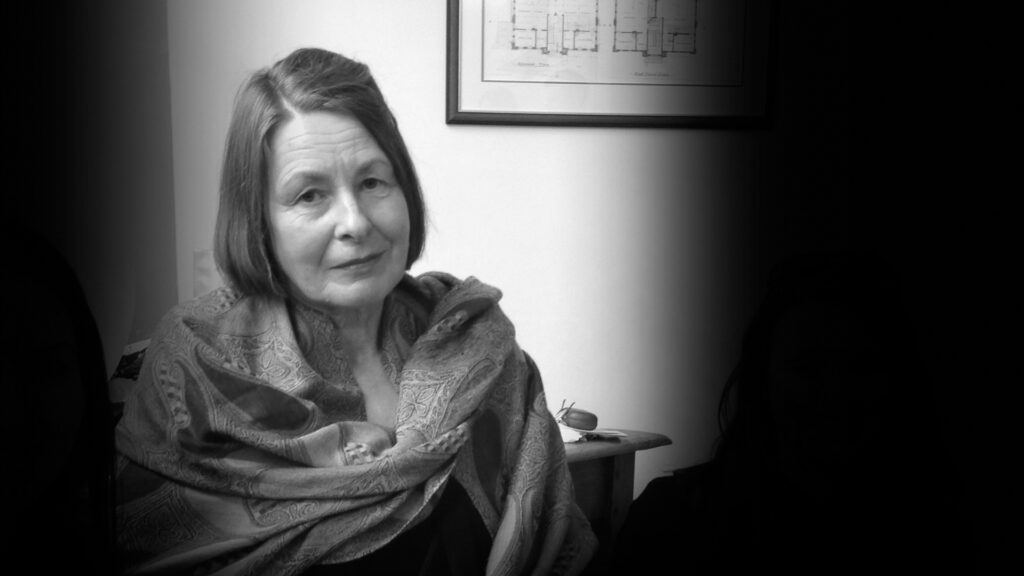SA Parliament should decriminalise abortion and respect women’s equality
The South Australian Government should demonstrate a commitment to women’s health and equality and decriminalise abortion, the Human Rights Law Centre said today in response to a report critical of the state’s outdated abortion laws.
Adrianne Walters, Senior Lawyer at the Human Rights Law Centre, called for Attorney-General Vickie Chapman to prioritise decriminalising abortion when Parliament returns in 2020.
“The Attorney-General has been handed a historic opportunity to finally get the law right when it comes to women’s equality and reproductive freedom in South Australia. Now is the time for Parliament to ensure abortion is finally treated as the healthcare matter that it is,” said Walters.
Abortion in South Australia is currently regulated by criminal laws written in 1969 and is only accessible in certain circumstances. The South Australian Law Reform Institute (SALRI) has recommended that abortions performed by qualified practitioners be removed from criminal law and be treated like other healthcare matters.
“The values and technology of 1969 should not limit a woman’s right to access the healthcare she needs in 2019. We’ve come a long way since 1969, yet South Australia’s abortion laws have stood still and women from regional and remote communities have borne the brunt of this injustice,” said Walters.
The report recommends that South Australia’s law allow for abortions to be performed by qualified practitioners with a patient’s consent, consistent with best medical practice. As an alternative, it suggests a law that would require two doctors to be involved in decision making for the rare cases in which an abortion is needed after 24 weeks gestation.
“Every person is different and every person must have the right to control what happens with their body. The law should support a person to make the best possible decision for their health, in consultation with their doctor. Having inflexible laws for different stages of pregnancy only makes it harder for doctors to do the right thing by their patients,” said Walters.
SARLI also recommends that doctors with a conscientious objection to abortion be required to refer their patients to unbiased health services care and calls for the creation of safe access zones to protect women from harassment when accessing abortion care.
“No one should have to run a gauntlet of judgment, abuse and harassment just to see their doctor. Attorney-General Chapman must act now to ensure that all people can access quality health services safely,” said Walters.
Media contact:
Michelle Bennett, Communications Director, Human Rights Law Centre, 0419 100 519

Legal challenge filed against Tasmanian Parole Board’s decision to gag free speech
The Human Rights Law Centre has filed legal proceedings on behalf of Tasmanian grandmother, Susan Neill-Fraser, to challenge a restrictive parole condition placed on her by the Tasmanian Parole Board seeking to limit her ability to speak to the media.
Read more
University of Melbourne urged to drop repressive anti-protest and surveillance policies
The University of Melbourne is being urged to abandon policy changes that restrict staff and students’ right to protest and permit the widespread surveillance of people using their wifi network.
Read more
Expanded protections for marginalised groups welcomed in Allan Government’s anti-vilification laws
The Human Rights Law Centre welcomes the additional protections for marginalised groups in anti-vilification laws passed today by the Allan Government. These laws expand protections from vilification to include people from LGBTIQA+ and disability communities, and provide communities with important civil law avenues to address vilification.
Read more


